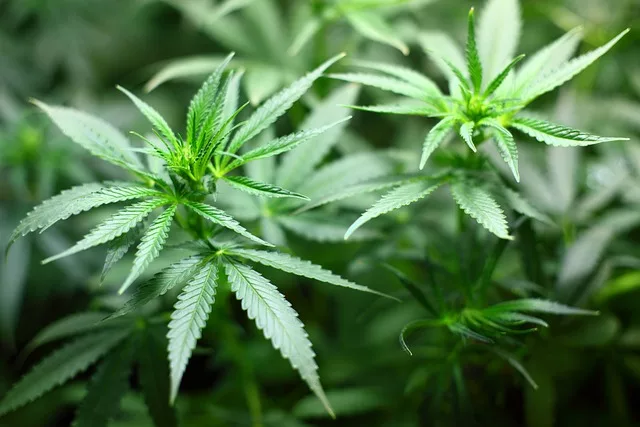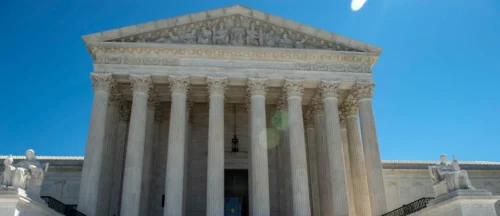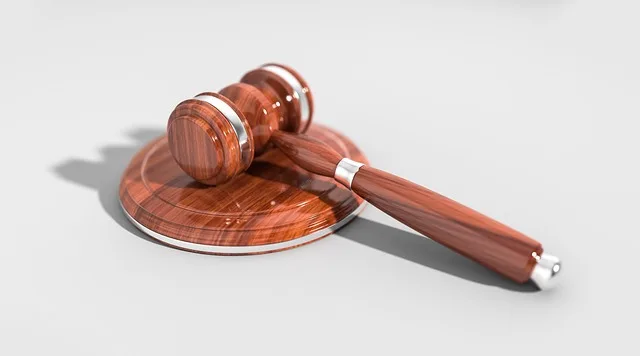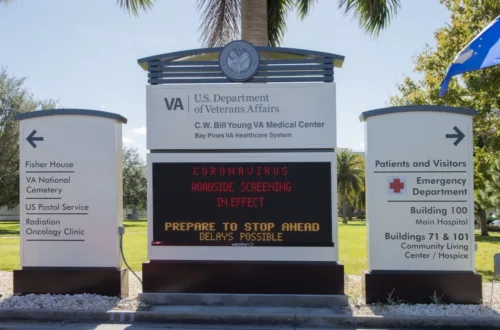Congress Weighs VA Options For Cannabis, Psychedelic Treatments for PTSD

Congress is trying to decide if the Department of Veterans Affairs should be allowed to prescribe medical cannabis, psychedelics, and other alternative treatments for Post-Traumatic Stress Disorder.
The latest draft of the 2024 National Defense Authorization Act, approved by the House Armed Services Committee, contains language requiring the DoD to consider clinical trials for psychedelics, cannabis, and other alternative treatments for PTSD and other conditions.
If this version of the NDAA survives to the approval stage, it would permit clinical trials with drugs, including MDMA and psilocybin, and could eventually lead to VA participation in state-level medical cannabis programs. It’s important to note that this is, at press time, a proposal only and not a bill that has been signed into law.
Department of Veterans Affairs Policy On Controlled Substances
At press time, the Department of Veterans Affairs cannot, under federal law, prescribe or even recommend controlled substances on the federal schedule, including marijuana, psilocybin, LSD-25, and many others. The VA’s hands are tied as long as a controlled substance remains illegal under federal law.
Veterans who use medical cannabis or other alternative treatments commonly feel stigmatized for doing so and some fear losing their VA benefits if they admit to using controlled substances to a VA medical provider.
While that fear is NOT true, it does affect how many veterans choose to handle their healthcare.
Related: Military Discounts
What to Know About These Options
At press time, cannabis and psychedelics are still illegal at the federal level, and the introduction of legal language into the 2024 NDAA does not change that.
However, the Senate Appropriations Committee approved a version of the VA budget for 2024 that would permit a healthcare provider for the VA “to make appropriate recommendations, fill out forms or take steps to comply” with state medical marijuana programs.
If that sounds promising, it’s important to remember that similar versions of this concept have been introduced into past NDAA drafts; none made it to the final version that headed to the President’s desk for signature. Will 2024 be the year that all changes? Past efforts have offered hope but haven’t made it into law.
For example, in April 2023, a marijuana research bill that focused on veterans failed in the Senate, but there are hopes that this time around, some progress can be made to bring these alternative treatment options to VA enrollees via an add-on to the NDAA.
The Senate Appropriations Committee, according to a Military Times article, “also expressed interest in studying psychedelic drugs but did not go as far as the NDAA in mandating a study.”
Despite the difficulty of getting this concept into a federal spending bill, the Department of Veterans Affairs is monitoring research into alternative PTSD treatments such as cannabis, MDMA, etc.
Related: Financial Planning and Benefits For Veterans
About the author
Editor-in-Chief Joe Wallace is a 13-year veteran of the United States Air Force and a former reporter/editor for Air Force Television News and the Pentagon Channel. His freelance work includes contract work for Motorola, VALoans.com, and Credit Karma. He is co-founder of Dim Art House in Springfield, Illinois, and spends his non-writing time as an abstract painter, independent publisher, and occasional filmmaker.


